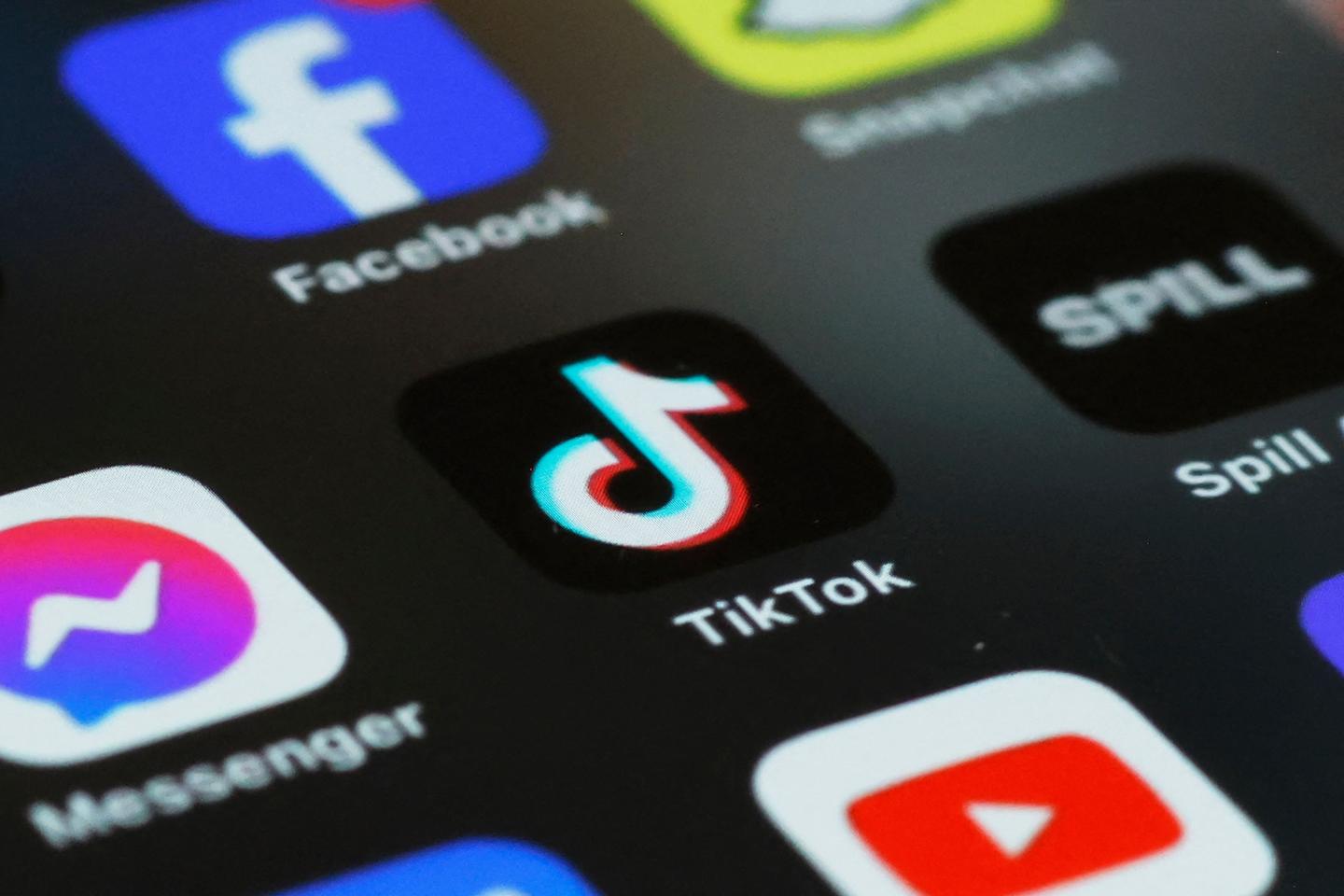


The US House of Representatives on Saturday, April 20, passed a bill that would force TikTok to divest from its Chinese parent company ByteDance or face a nationwide ban in the United States, where it has around 170 million users.
US officials have voiced alarm over the popularity of the social media platform with young people, alleging that it is subservient to Beijing and a conduit to spread propaganda – claims denied by the company.
TikTok sharply denounced the passage of the bipartisan bill, saying it "would trample the free speech rights of 170 million Americans, devastate seven million businesses, and shutter a platform that contributes $24 billion to the US economy annually," a TikTok spokesman said.
In March, the House passed legislation that would require ByteDance, TikTok's parent, to sell the platform within six months, or face a ban in the United States. But some senators, including the Democratic Senate Commerce Committee Chairwoman Maria Cantwell, had expressed concerns that the six-month deadline would be too short to carry out a complex deal that could be worth tens of billions of dollars. Following negotiations with the Senate on the issue, the House included a modified version of the legislation in the foreign aid package.
The revised legislation would give ByteDance nine months to sell TikTok, and a possible three-month extension if a sale was in progress. The bill would also bar the company from controlling TikTok's secret sauce: the algorithm that feeds users videos based off their interests.
Lawmakers from both parties – as well as law enforcement and intelligence officials – have long expressed concerns that Chinese authorities could force ByteDance to hand over data on the 170 million Americans who use TikTok. The worry stems from a set of Chinese national security laws that compel organizations to assist with intelligence gathering – which ByteDance would likely be subject to – and other far-reaching ways the country's authoritarian government exercises control.
Opponents of the bill, though, counter that the Chinese government could easily get information on Americans in other ways, including through commercial data brokers that sell or rent personal information.
